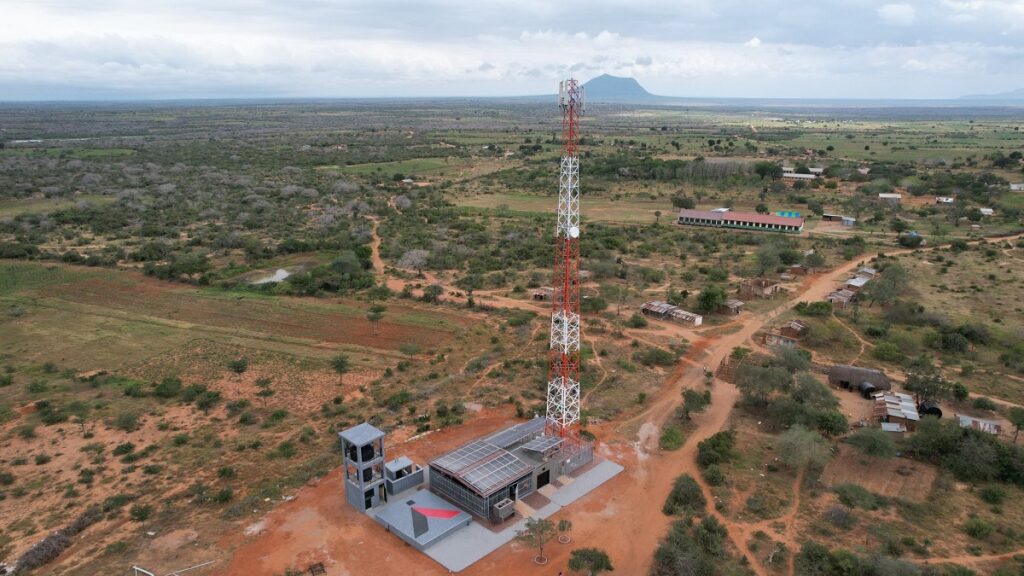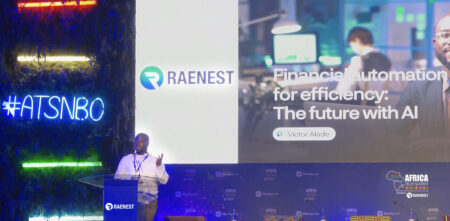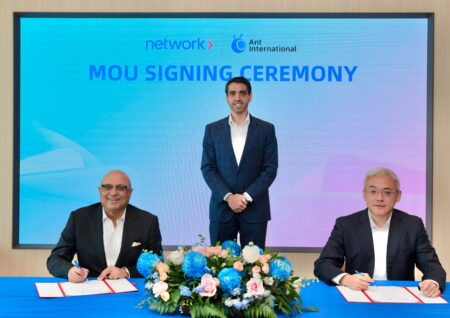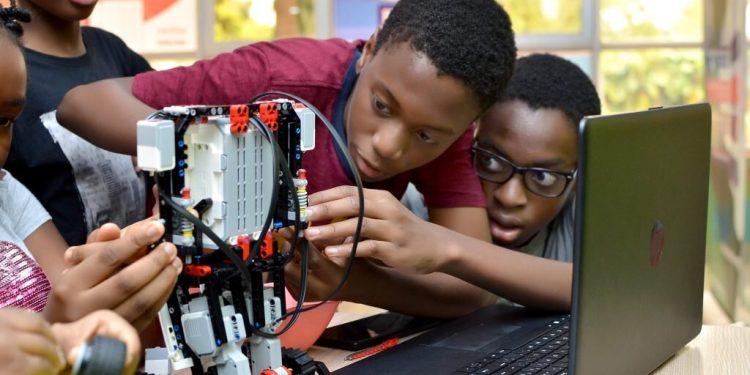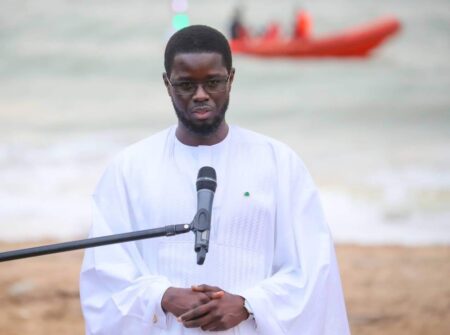- In Africa, American Tower cut the emissions intensity per tower by 21% compared to their 2019 baseline due to rising use of solar.
- American Tower has invested over $350 million in energy reduction initiatives in Africa since 2018.
- Founded in 1995, American Tower is one of the largest, publicly held global real estate investment trusts.
The American Tower Corporation, a big player in Real Estate Investment Trusts (REITs), reduced its direct greenhouse gas emissions (scope 1) by 11 per cent last year, mainly by using more solar energy.
In Africa, the corporation cut the emissions intensity per tower by 21 per cent compared to their 2019 levels, attributable to increased deployment of on-site solar power.
The company’s 2022 Sustainability report notes that the number of hours various sites used solar energy has nearly doubled since 2019.
“Providing power as a service in India and Africa represents 41 per cent and 54 per cent of our total scope 1 GHG emissions footprint, respectively,” the report says in part.
American Tower in Africa
Founded in 1995, American Tower is one of the largest, publicly held global real estate investment trusts. Since its set up in 2011, its subsidiary ATC Africa has grown its presence to over 23,000 sites across Burkina Faso, Ghana, Kenya, Niger, Nigeria, South Africa and Uganda. ATC Africa plays a pivotal role in the parent company’s global sustainability efforts.
In particular, ATC Africa focuses on the reduction of GHG emissions and enhancing digital connectivity in underserved regions across the continent. ATC Africa’s clients include leading Mobile Network Operators in Africa.
With investments exceeding $350 million in renewable energy deployments, advanced energy storage solutions, and energy reduction initiatives in Africa since 2018, ATC Africa has made substantial strides.
Their efforts have led to a reduction in on-site diesel consumption, estimated at 43.5 million liters annually. This is equivalent to avoiding approximately 117,000 metric tonnes of carbon dioxide equivalent (MTCO2e).
Marek Busfy, ATC Africa CEO said, “As a global leader in digital infrastructure, we are very much committed to reducing the GHG emissions associated with our business. Our efforts are further geared to make an impact on our continent where connectivity is increasingly vital but power availability unstable. Additionally, improving energy efficiency at our sites is part of what we want to accomplish in Africa and is critical to achieving our targets.”
ATC Africa has implemented various strategies to attain these goals. These include on-site solar power, lithium-ion batteries (LIBs), and advanced technologies to enhance energy efficiency.
The Green Sites initiative ensures that all newly constructed sites adhere to American Tower’s Green Site specifications, which require emissions of less than four MTCO2e per year.
Read also: Morocco-UK subsea solar, wind power project kicks off
Solar energy with Lithium-ion Batteries
These sites will pair solar energy with LIBs to lower emissions by about 95 per cent compared to similar diesel-generator-dependent, off-grid sites, notes American Tower President and CEO Thomas Bartlett.
Moreover, the company, through its Kenya operations, plans to substitute 30 per cent of its diesel fuel with biodiesel, already achieving a 16 per cent GHG emissions cut compared to traditional diesel through a successful test run.
Pieter Van Der Westhuizen, Chief Technology Officer of ATC Africa, said, “As we expand digital reach on the African continent, we remain committed to reducing GHG emissions in tandem with our growth. Over the past several years, American Tower has made forward-thinking investments to ensure we achieve tangible reductions in our on-site fossil fuel consumption in Africa.”
Last year, American Tower contributed over $3.5 million to philanthropic programs, including those supported by the American Tower Foundation. The Digital Communities program is actively addressing the digital divide. This is by providing digital literacy, education, and financial literacy. The beneficiaries, especially underserved communities also get career development opportunities, and healthcare services.
Green sites program
In Africa, American Tower operates over 125 digital communities, positively impacting over 55,000 beneficiaries. In 2022, American Tower signed master lease agreement with Airtel in Africa.
“All newly developed sites for Airtel will meet American Tower’s Green Site specifications, which require the site to generate less than four MTCO2e per year. This will equate to an approximate 95 per cent reduction in emissions relative to an off-grid site with a similar energy load. To achieve this reduction, sites in the Green Sites program have a much higher solar panel count coupled with LIBs,” explains the report.
Further, in 2021, 80 sites in Africa piloted a cloud-based EMS program. And given the success of that program last year, other markets, including India, began using the software. The cloud-based EMS uses predictive analytics and AI to identify abnormal events, such as solar degradation due to dirty solar modules.
It also helps optimize solar panel angles to improve energy generation. At one site, after the implementation of the cloud-based EMS, the diesel generator run time was reduced by nearly 40 percent, the report notes.





